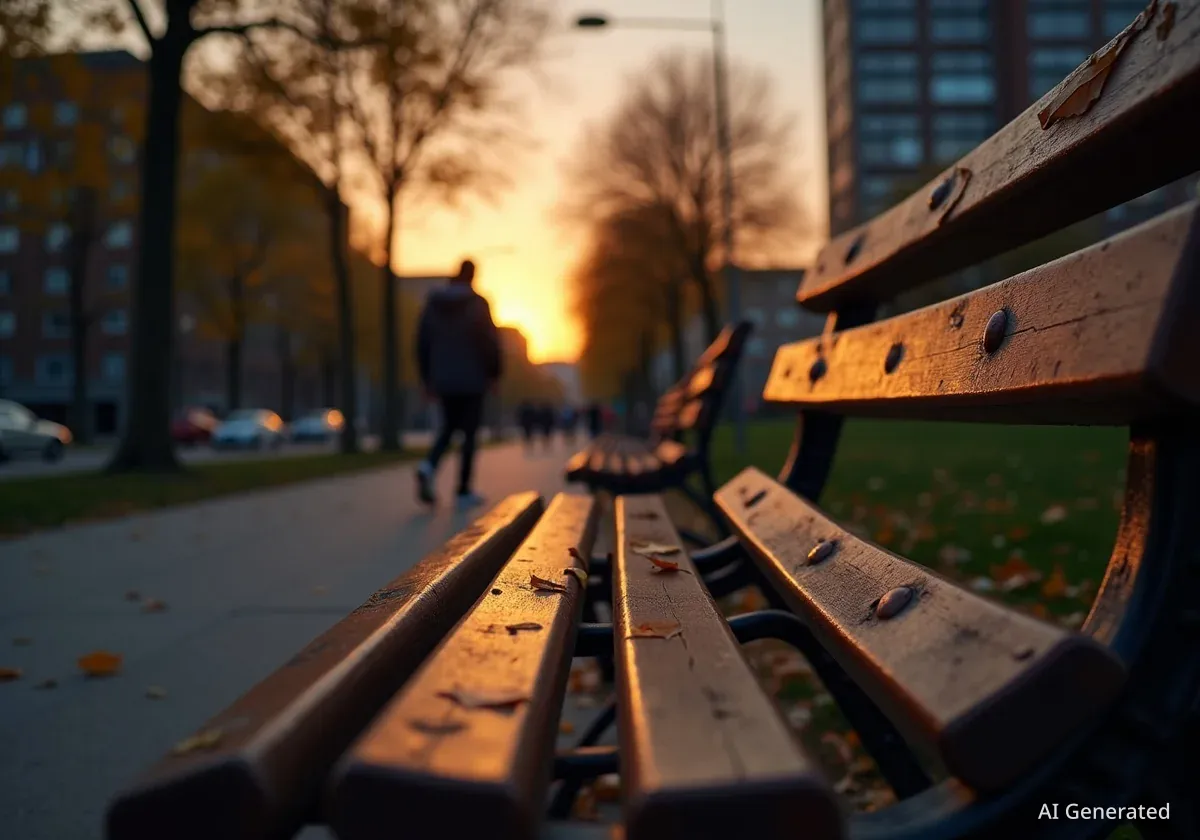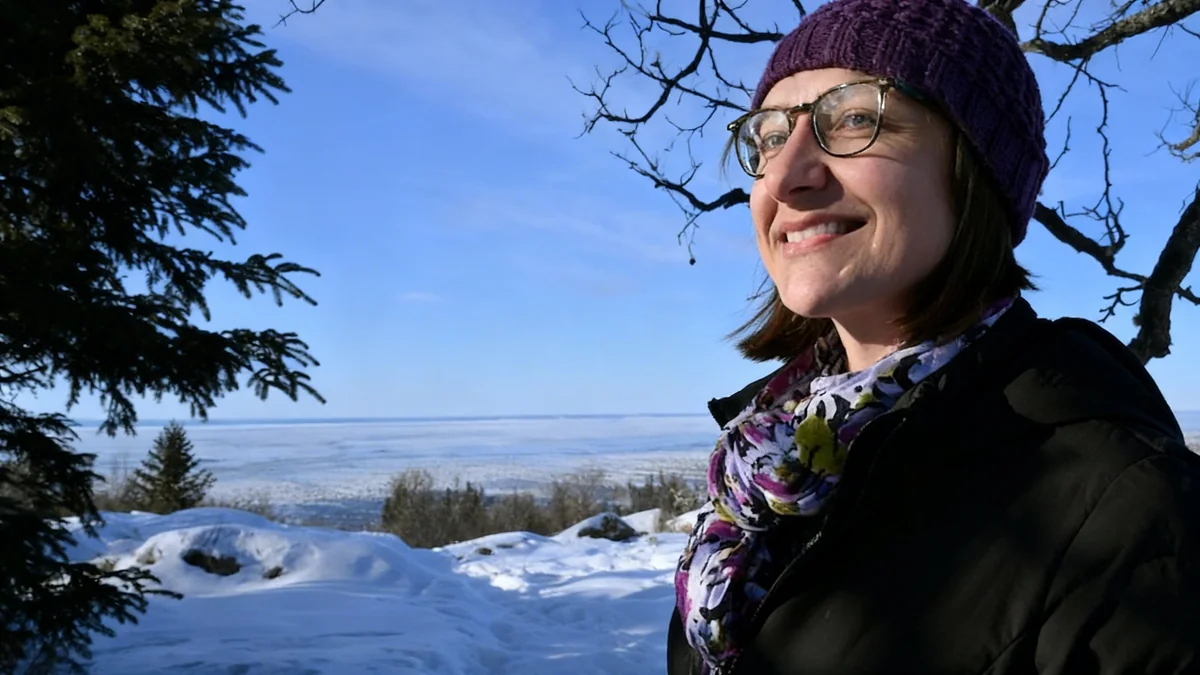The City of Casa Grande will begin enforcing a new Urban Camping Ordinance on October 1, a measure designed to regulate the use of public spaces. The ordinance addresses the increase in makeshift campsites in areas such as parks and sidewalks, aiming to ensure these locations remain clean, safe, and accessible for all residents.
City officials have stated the initiative combines enforcement with a commitment to connecting individuals experiencing homelessness with necessary support services. This dual approach seeks to balance community welfare with humanitarian assistance.
Key Takeaways
- A new ordinance prohibiting camping on public property in Casa Grande takes effect on October 1.
- The policy is a response to community concerns regarding safety, sanitation, and access to public areas.
- Enforcement will be paired with outreach efforts to connect individuals with housing and mental health resources.
- Peart Park will undergo a temporary 30-day closure starting October 1 for extensive cleaning and maintenance.
Understanding the New Ordinance
The Urban Camping Ordinance was developed in response to a growing number of makeshift encampments on public property throughout Casa Grande. According to a statement on the city's official website, the primary goal is to address public health and safety concerns while maintaining the intended use of community spaces.
The measure prohibits unauthorized camping and the storage of personal belongings in public areas not designated for such activities. This includes parks, sidewalks, and other shared community zones. Officials have emphasized that the accumulation of debris and obstruction of public ways prompted the new regulations.
A Balanced Approach to Public Space Management
The city's strategy is not solely focused on enforcement. A key component of the plan involves a coordinated effort to offer support to the unsheltered population. This reflects a broader trend in municipal governance to address the root causes of urban camping rather than just its visible effects.
Mayor Lisa Fitzgibbons commented on the ordinance's purpose, highlighting the city's commitment to a comprehensive solution.
"This ordinance is about protecting the quality of life for all residents while ensuring individuals experiencing homelessness are treated with dignity and connected to the resources they need," Fitzgibbons stated, as per the City of Casa Grande website.
This statement underscores the dual objectives of the policy: restoring public spaces for community use and providing a support system for vulnerable individuals.
A Multi-Agency Enforcement and Outreach Plan
The implementation of the ordinance involves a coordinated effort between several city departments and community organizations. This strategy is designed to be both effective in clearing encampments and compassionate in its handling of the people affected.
Role of City Departments
Two main departments will lead the city's efforts. Code Enforcement officials will be responsible for engaging with individuals at homeless camps and overseeing clean-up operations. Their work will focus on removing debris and restoring public areas to their original state.
The Casa Grande Police Department's Crisis Intervention Team will also play a crucial role. This specialized unit is trained to assist individuals experiencing mental health challenges. Their involvement ensures that interactions are handled with sensitivity and that people in crisis are connected to appropriate mental health services rather than just facing punitive action.
What is a Crisis Intervention Team?
A Crisis Intervention Team (CIT) is a police mental health program. Officers receive specialized training to de-escalate situations involving individuals in mental health crises and connect them with treatment instead of placing them in the criminal justice system.
Collaboration with Community Partners
The city is not acting alone. The initiative relies heavily on partnerships with local non-profit organizations, faith-based groups, and other service providers. This network is essential for providing a wide range of support services.
These partnerships aim to expand access to critical resources, including:
- Temporary and permanent housing solutions
- Mental health counseling and treatment
- Substance abuse programs
- Job training and placement services
By working with these established community groups, the city hopes to create sustainable pathways out of homelessness for those affected by the new ordinance.
Legal Framework and Park Maintenance
The city's new ordinance operates within a larger legal context established by state law. Furthermore, the implementation will begin with a significant maintenance project at one of the city's primary public parks.
Influence of State Proposition 312
The ordinance is linked to Arizona's Proposition 312, which has been in effect since 2025. This state law permits property owners to recover costs associated with cleaning up public nuisances. This provision reinforces the city's legal standing and provides a mechanism to address the financial impact of maintaining public areas, adding urgency to the city's efforts.
Peart Park Temporary Closure
Coinciding with the start of the ordinance, Peart Park will be temporarily closed to the public on October 1. The closure is expected to last approximately 30 days.
During this period, crews will conduct a thorough clean-up of the park. The maintenance schedule also includes the overseeding of grass to prepare the grounds for upcoming community events, such as the annual Electric Light Parade. This closure is a visible first step in the city's plan to restore and maintain its public spaces.
Community Resources and Information
The City of Casa Grande has provided resources for residents seeking more information or wishing to report concerns. The city's website serves as the central hub for details about the Urban Camping Ordinance.
For specific inquiries or assistance, the city has designated key contacts:
- Deb Brunner, the Unsheltered Outreach Coordinator, can provide information about support services.
- Steven Weaver, the Deputy City Manager, can answer questions regarding the ordinance itself.
Residents are encouraged to use the city's website to report concerns about public spaces, ensuring that officials can respond efficiently as the new ordinance is implemented.





